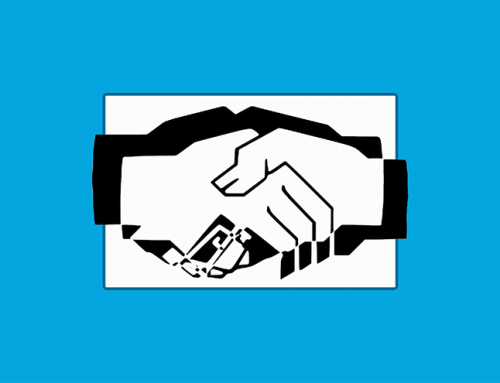1 on 1s can be broken down into following parts at a high level:
-
Meeting Setup
-
Meeting Preparation
-
Meeting Conduct
-
Post Meeting
Below are some guidelines on how to handle each part towards a smooth and maximum impact 1:1 meeting:
Meeting Setup:
It is critical to get face time with your manager. You can ask for at least 30-minute meeting once a week. Finding an hour each week may be a bit too much and you will need lot of content for the full hour. Depending on your manager’s schedule and number of reports it may get setup either for once a week or biweekly. Generally, managers prefer to set it up themselves but if you are given the option, ask your manager if s(he) prefers a time/day, bottom line – neither you nor your manager should need to change this time regularly in future.
Meeting Preparation:
1:1 meeting is your opportunity to showcase the great work you are doing and impact you are making. Spend at least 15 minutes to scan through your meetings and emails since you last met your manager and see what you have accomplished:
- Any production deployments/releases
- Bug fixes
- Incident resolutions
- Meeting outcomes
- Negotiations/impacts/decisions
Important Areas to Cover:
- Bring him/her up to Speed: Do not expect your manager to be as deep in your area as you are (remember he/she has a much bigger portfolio to manage), simplify things and explain in a way it’s easier to understand/grasp. Its very normal to have a manager who may not be as technical you are or have as much domain knowledge as you. This does not make your manager incompetent or incapable. So, get those thoughts out of your mind and get him/her up to speed.
- Manage Up: Use this as an opportunity to coach your manager on the questions that your skip level manager may have for your manager.
- Big Picture Impact: While you may very focused on our specific area, your manager or your skip level generally track things at a much bigger level – business/tech initiatives encompassing multiple systems. Explain to your manager how your work is fitting into that whole picture. This has multiple advantages; your manager can better appreciate your work and this will train you to think like management which will come handy when you reach those levels.
- Agenda Heads up: You may share agenda items for the upcoming 1:1 in advance if you feel that may help your manager, especially if there are any items where manager may need some preparation.
Meeting Conduct:
- Look Excited: A bit obvious to state but look excited to meet your manager. No manager wants to see a report which looks down and out, although if you are drowning under work then a bit of stubble may help make your case for work load reduction!
- Walk through Agenda items: Go through the list of items you have and make your manager aware of them all!
- Take notes: on the comments that your manager provides, specifically any action items, you may share these with the manager post meeting and/or you may use it as a reference point for your next meeting
- Manager’s Input: Ask for what’s keeping him/her busy/worried these days. This can provide multiple hints on which are the ‘important’ initiatives taking your manager’s mental bandwidth which may turn into opportunities for you. Your aim should always be working on strategic initiatives within the company rather than on maintenance or sunset headed systems.
- Peer/Partner Feedback: Ask for any feedback that you may need to be aware of. While your manager should be providing you feedback regularly, you do not want to leave it on chance. Additionally, asking and digesting feedback in each 1:1 meeting may be also be a bit too much. You may want to bring the feedback topic once a month or so.
- Career Path/Promotion discussion is also a critical part of 1:1 meeting but this may also not in every 1:1 discussion, as it can put off your manager. Discuss it every 1-2 months, ask how you are progressing towards that goal. Ask for any specific areas where you may need to showcase your skills or people in the organization that you need to know/they need to know you.
- Training: Connected to your work and career path, training opportunities can/should be identified. Every organization has some training budget. Find out what that budget is and use it for your learning and advancement.
Post Meeting:
- Follow up on any action items promptly and update your manager on them.
- Look for any red flags or recurring themes and topics that come up in the meeting and what you can do about it.
1:1 meetings is your opportunity to toot your horn, to tilt your manager’s thinking to your view of the projects, to understand your manager’s perspective and what’s happening in your peer’s world. Give it due importance and incrementally build your brand in front of the most important person for your career at this point in your life.





Leave A Comment